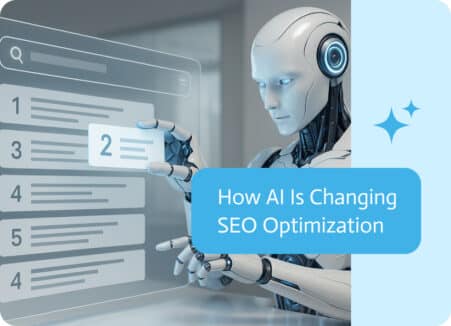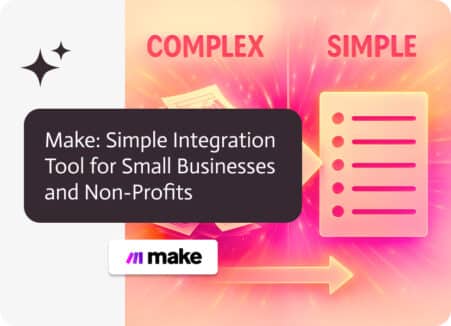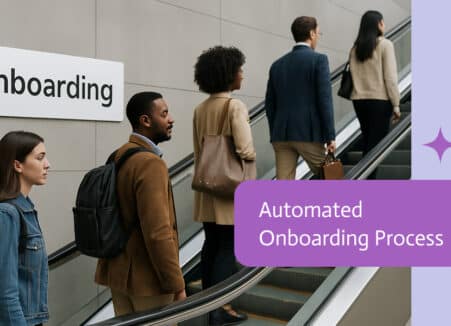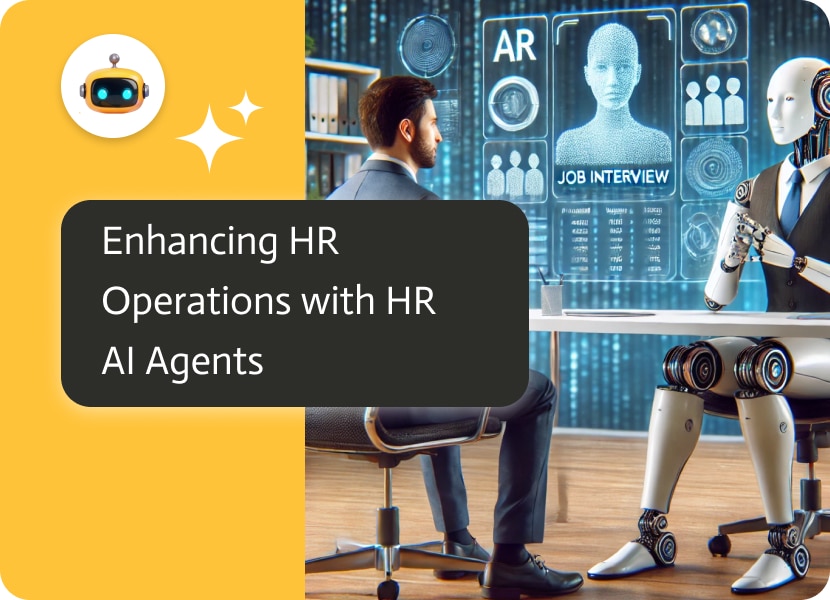
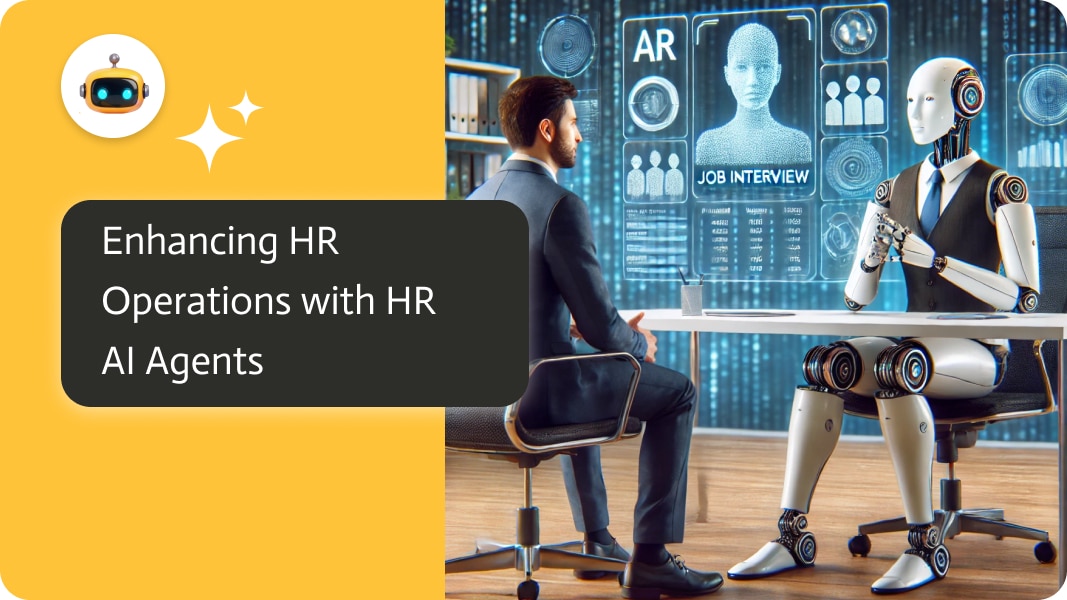
Enhancing HR Operations with HR AI Agents
Human Resources teams often struggle to keep up with new hire onboarding, policy changes, and employee requests. HR AI Agents are helping to ease this burden by taking care of repetitive tasks, improving workplace communication, and ensuring rules are followed. These smart systems allow HR professionals to focus more on big-picture planning rather than administrative work.
The Role of AI in HR Operations
HR AI Agents act as digital assistants, handling daily tasks while making employee interactions smoother. By making onboarding easier, tracking policy updates, and responding to staff needs, these tools help keep operations running efficiently.
How AI and Human Experts Work Together
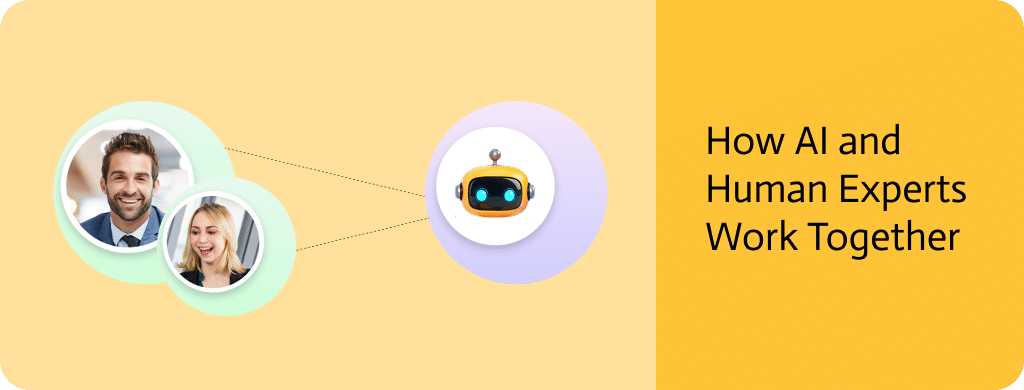
AI Agents and HR teams work best when they complement each other. the Agents handles routine jobs like paperwork, scheduling, and answering common questions so that HR professionals can build strong relationships with employees. These tools also look at data to find patterns in employee satisfaction and productivity, helping HR teams make informed decisions. While Agents ensure fairness and consistency, humans provide empathy and understanding in unique situations.
Key Uses of AI in Workforce Management
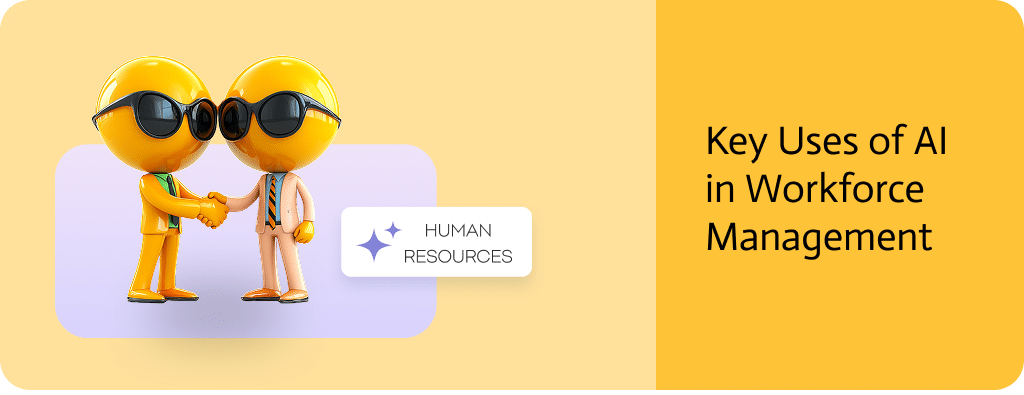
1. Simplifying Employee Onboarding
Starting a new job can be overwhelming. HR AI Agents make the process easier by handling paperwork, setting up training, and guiding new hires step by step. These include:
- Customized onboarding checklists
- Automated task reminders
- Digital assistants answering common questions
- Smooth integration with payroll and benefits platforms
2. Keeping Up with Policies and Compliance
Companies need to ensure employees are aware of policies and follow regulations. Agents help by:
- Sending real-time updates on rule changes
- Keeping track of policy acknowledgments
- Answering frequently asked questions
- Monitoring regulatory changes and recommending updates
3. Managing Employee Requests
Employees often need help with leave requests, benefits, and payroll details. AI Agents handle these efficiently by:
- Approving leave based on company policies
- Providing instant answers to benefits questions
- Offering self-service options for updating personal information
- Escalating complex issues to HR professionals when necessary
4. Understanding Employee Sentiment
Knowing how employees feel is key to improving workplace culture. HR AI Agents analyze feedback and performance trends to help HR teams:
- Spot common workplace issues
- Monitor satisfaction levels in real time
- Suggest ways to boost engagement
- Create action plans based on data insights
Noca AI: Connecting AI with Workforce Tools
Noca AI allows virtual HR assistants to work smoothly with payroll, compliance, and employee management systems. Unlike standalone AI Agents that suffer from limited connectivity to enterprise software application, Noca AI ensures information flows across applications and departments, creating a more connected work environment.
AI-Powered Employee Lifecycle Management with Noca AI
HR AI Agents support employees from their first day until they leave the company. The journey begins with a structured onboarding process, where the HR AI Agent organizes training, processes documents, and introduces new hires to company policies. As employees settle in, the HR AI Agent tracks their progress and recommends personalized learning opportunities to help them develop their skills. To ensure compliance, the Agent delivers real-time policy updates and sends reminders for mandatory training sessions. Employees can interact with AI-powered self-service portals to submit leave requests, access payroll information, and inquire about benefits without waiting for HR intervention. Throughout their tenure, the Agents will continuously assesses performance metrics, providing managers with actionable insights to guide and support their teams. Workplace sentiment analysis enables HR to detect early signs of disengagement, allowing them to take proactive measures. When an employee decides to leave, the HR AI Agent facilitates a smooth offboarding process, gathers valuable feedback, and maintains alumni networks for potential future collaboration. By managing each phase of the employee lifecycle, HR AI Agents improve workforce efficiency and create a more engaged work environment.
The Future of HR Operations
HR AI Agents are not replacing HR professionals—they help them work more efficiently. By taking over routine tasks and providing useful insights, these AI-powered assistants allow companies to focus on workforce planning, employee retention, and career growth. Businesses that use AI-driven HR tools will see smoother operations, happier employees, and improved compliance.
Conclusion
AI-driven assistants are making HR processes easier by handling onboarding, tracking policies, and managing employee requests. By integrating with platforms like Noca AI, these tools provide a seamless experience for businesses. As workplaces continue to evolve, AI will play a crucial role in building a more efficient and engaged workforce.
